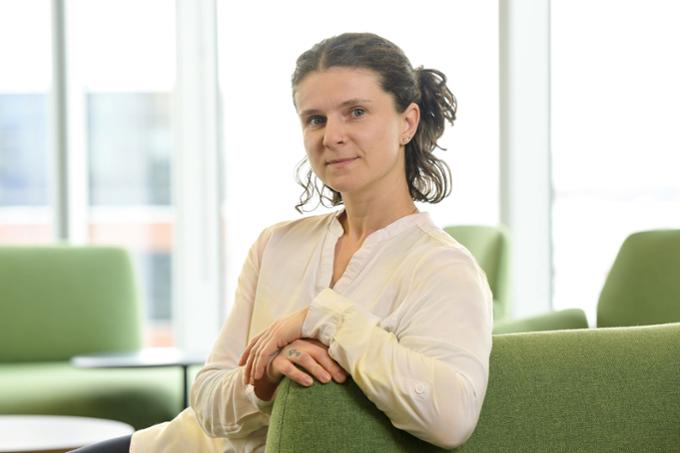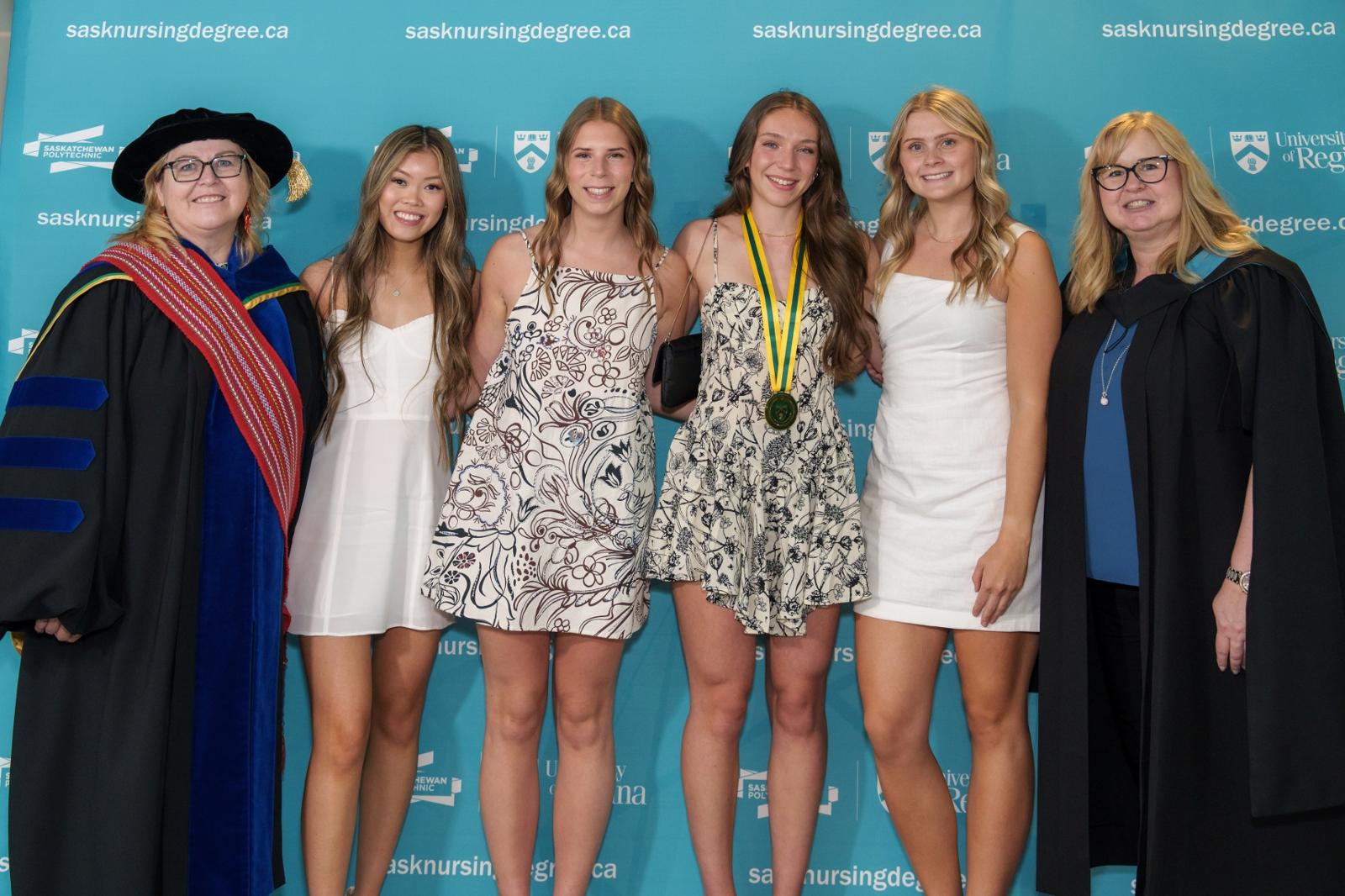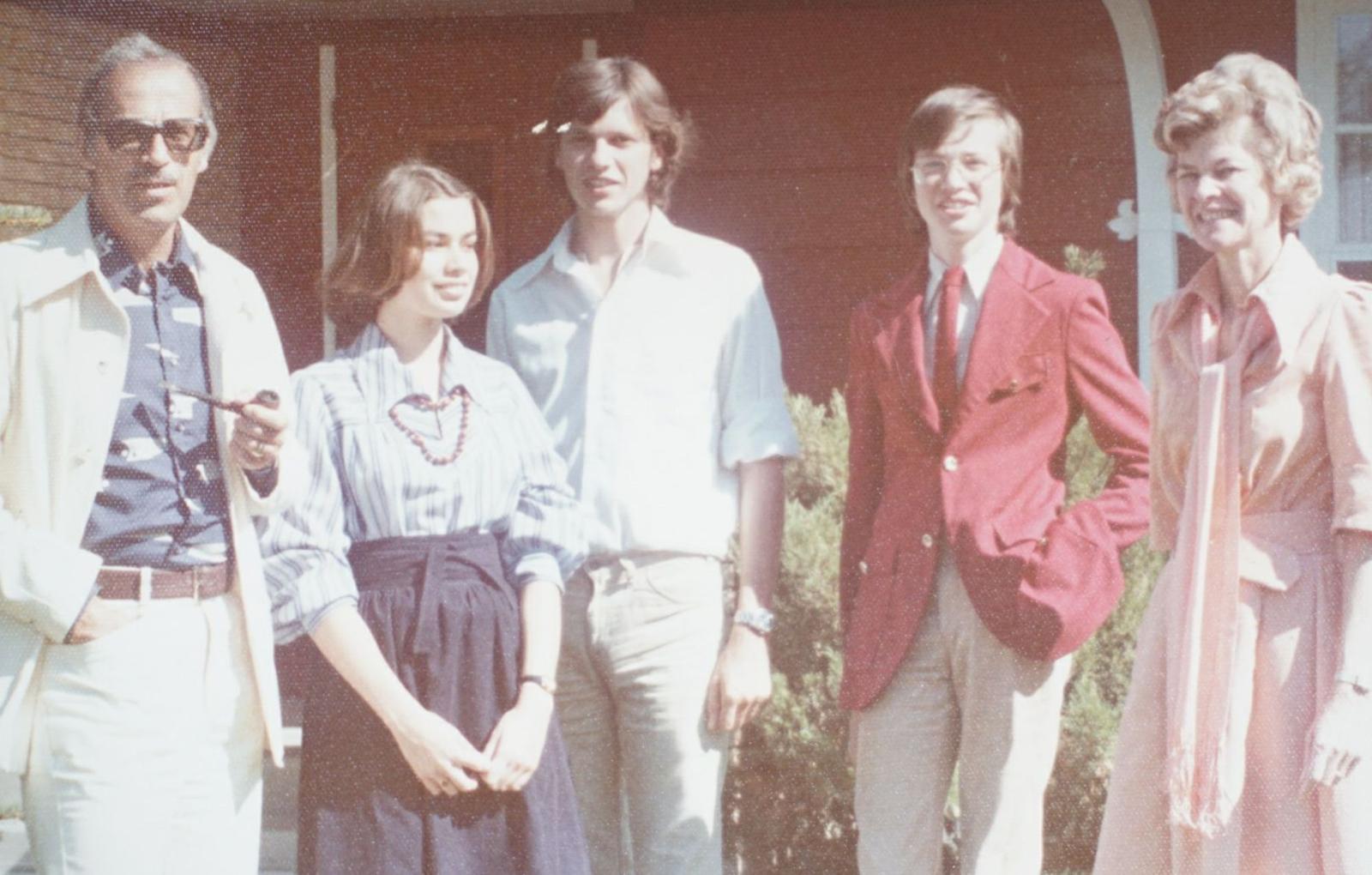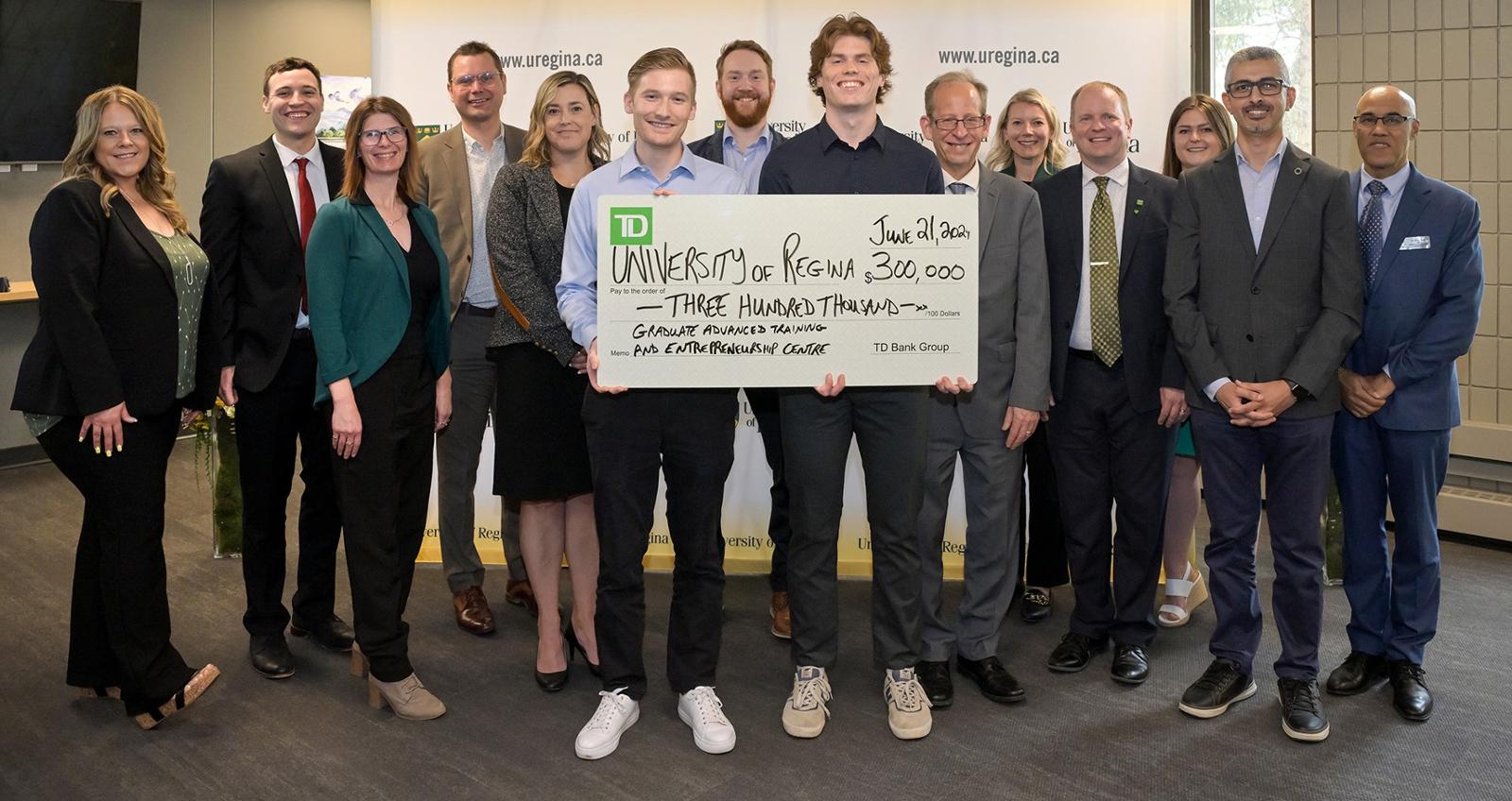Did you know that January is Mentoring Month? Finding a mentor is a great way to benefit from the experiences of others, and as we embark on another year, it’s a good time to look ahead and think about where you’d like to go — and how to get there. Seeking out the advice of experienced professionals can be invaluable as students prepare to leave university and embark on their work lives.
UR Linked, the University of Regina’s mentoring hub, provides opportunities for current U of R students and recent graduates to be matched with alumni mentoring in their fields of study or interest. The program runs through the 10,000 Coffees platform which creates regular matches between those looking for guidance and mentors with experience to share.
Mentorship is a like a knowledge exchange platform. I think it's something that everybody should take advantage of. — Anastasye Kisheev BSc’15, MSc’18, MPA’23
Very often, the road to an interesting career doesn’t follow a straight line. This was certainly true for Anastasye Kisheev BSC’15, MSc’18, MPA’23, who immigrated to Canada in 2009. She enrolled at the University of Regina to study biology the following year. 14 years and three degrees later, Anastasye now works as a Senior Data and Report Analyst with Saskatchewan’s Ministry of Advanced Education.
“I was thinking about switching to public service, but I wasn't sold on it,” Anastasye says. Finding a mentor helped her figure out the beginnings of a career path that drew on her interests. “Having a background in science, I like research and problem solving,” Anastasye says. “Knowing that that public policy work included these areas of interest really gave me the confidence to make the shift.”
Getting a Clearer Picture
Anastasye graduated from the Johnson-Shoyama Graduate School of Public Policy with a Masters of Public Administration in 2023, and found work with the Ministry through paid internships. Her mentors were able to provide insights into the world of public service – something Anastasye had little experience of or exposure to in Canada. “My mentors talked about expectations, what sort of role a public servant may play throughout their careers, and the potential impact they can have on overall policy,” she says. “It gave me a clear picture of what the job looks like in the Canadian context.”
Part of the value of UR Linked is the broader perspectives that it offers students who may have a sense of where they’d like to go, but not a clear picture of the details involved in that specific area of work. UR Linked mentors work in a variety of sectors and can share that breadth of experience.
“We were matched with many people that worked in other areas of the same field,” Anastasye says. “Some of them were working in the private sector, which was really interesting to hear about. It was a good way to meet people outside of your area.”
Now that she’s had the benefit of her own experience on the job, Anastasye says she still keeps in touch with the mentors she’s been matched with in the past, and meets up with them on a semi-regular basis. “I think mentorships are really key to people's success,” she says. “Mentorship is a like a knowledge exchange platform. I think it's something that everybody should take advantage of.”
Banner photo credit: U of R Photography
About the University of Regina
2024 marks our 50th anniversary as an independent University (although our roots as Regina College date back more than a century!). As we celebrate our past, we work towards a future that is as limitless as the prairie horizon. We support the health and well-being of our 16,700 students and provide them with hands-on learning opportunities to develop career-ready graduates. Our research enterprise has grown to include 21 research centres and 12 Canada Research Chairs and brings in more than $51.2 million in funding annually. Our campuses are on Treaties 4 and 6 - the territories of the nêhiyawak, Anihšināpēk, Dakota, Lakota, and Nakoda peoples, and the homeland of the Michif/Métis nation. We seek to grow our relationships with Indigenous communities to build a more inclusive future.
Let’s go far, together.




